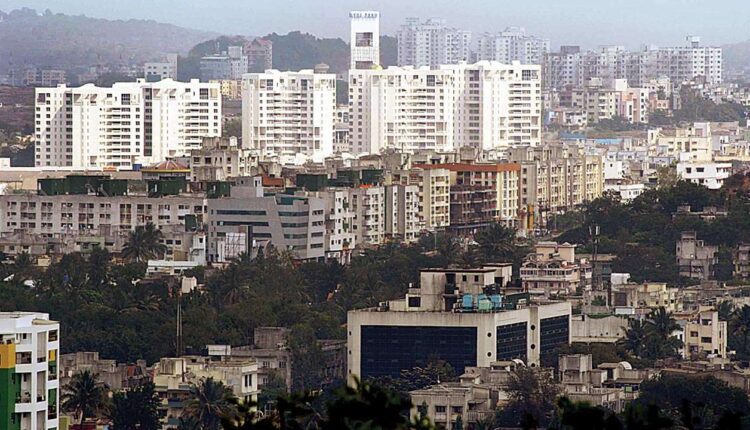Kurulkar (59) had been in ATS custody following his arrest on May 3. On Tuesday, following a submission from ATS, special judge P P Jadhav granted magisterial custody remand of the accused. The defence lawyer Rhishikesh Ganu, meanwhile, submitted an application seeking directions that Kurulkar should be provided medicines as “he is suffering from high sugar level”.
The latest order came a day after the court agreed to grant the ATS custody of Kurulkar for one more day to probe details recovered from a phone that was seized from him. Kurulkar has been booked under provisions of the Official Secrets Act (OSA) pertaining to spying and wrongful communication with Pakistani intelligence operatives in a suspected case of honey trap.
The scientist was produced before the special court in Pune for the first time on May 4. The ATS had then informed the court that Kurulkar was known to have visited several foreign countries, and it was probing whether he met Pakistani operatives during these visits. The court extended his custody with ATS for further probe till May 9, and subsequently till May 15.
On Monday, the ATS told the court that the Pakistani operative who was allegedly in touch with Kurulkar also contacted an IAF personnel currently posted in Bengaluru. The ATS has recorded a statement of the IAF personnel before a magistrate court in Pune under Section 164 of the Criminal Procedure Code (CrPC).
The ATS had also told the court that it is conducting a cyber investigation into social media accounts, including Facebook, used by the operative who contacted Kurulkar. Besides, the ATS submitted that it was analysing “reverse call detail records (CDR)” of the international number used by the Pakistani operative.
The ATS stated that it was yet to get details from DRDO on the alleged meetings held between Kurulkar and “some women” at the defence establishment’s guest house.
Kurulkar has played a key role in several strategically significant projects of the DRDO, including the nuclear-capable Agni missile series and Mission Shakti, which was an anti-satellite missile test, in addition to several other missile and strategic defence systems.


